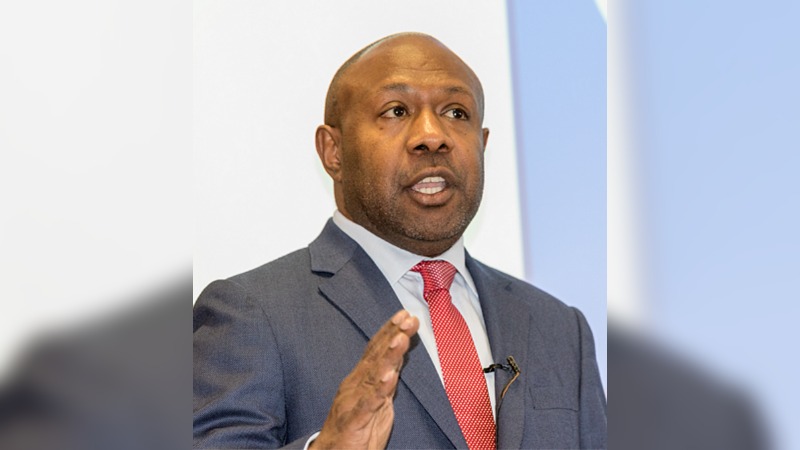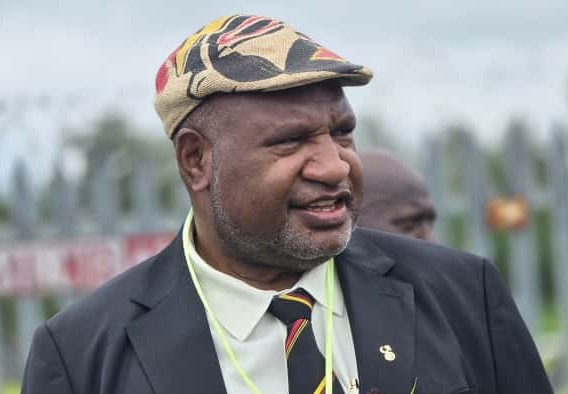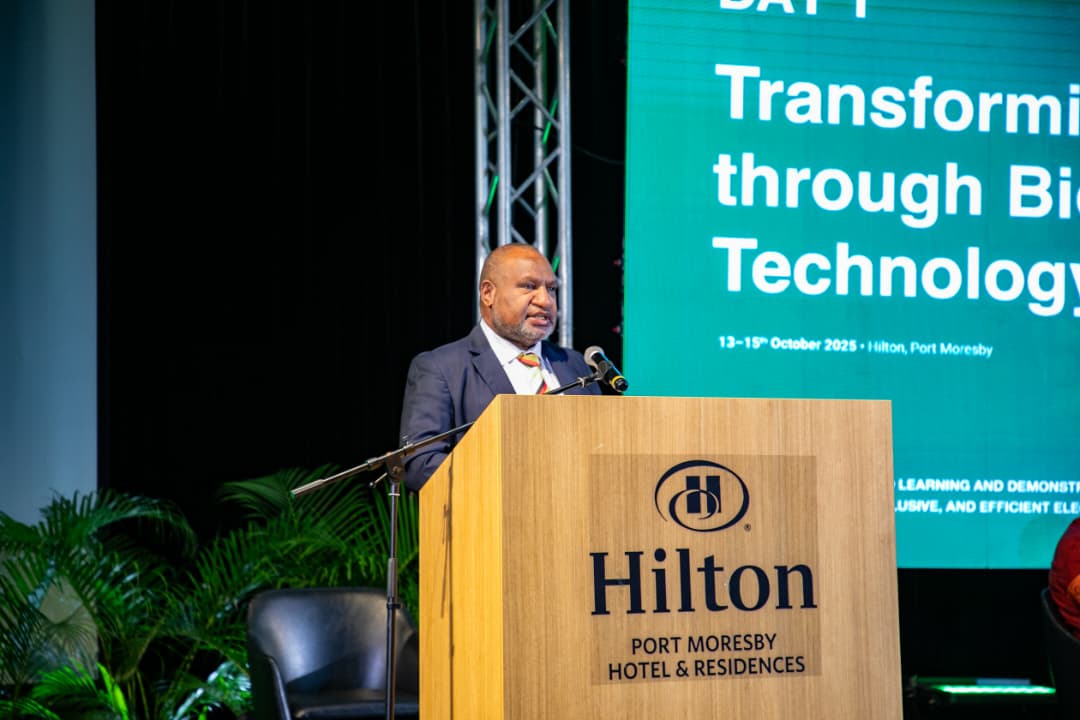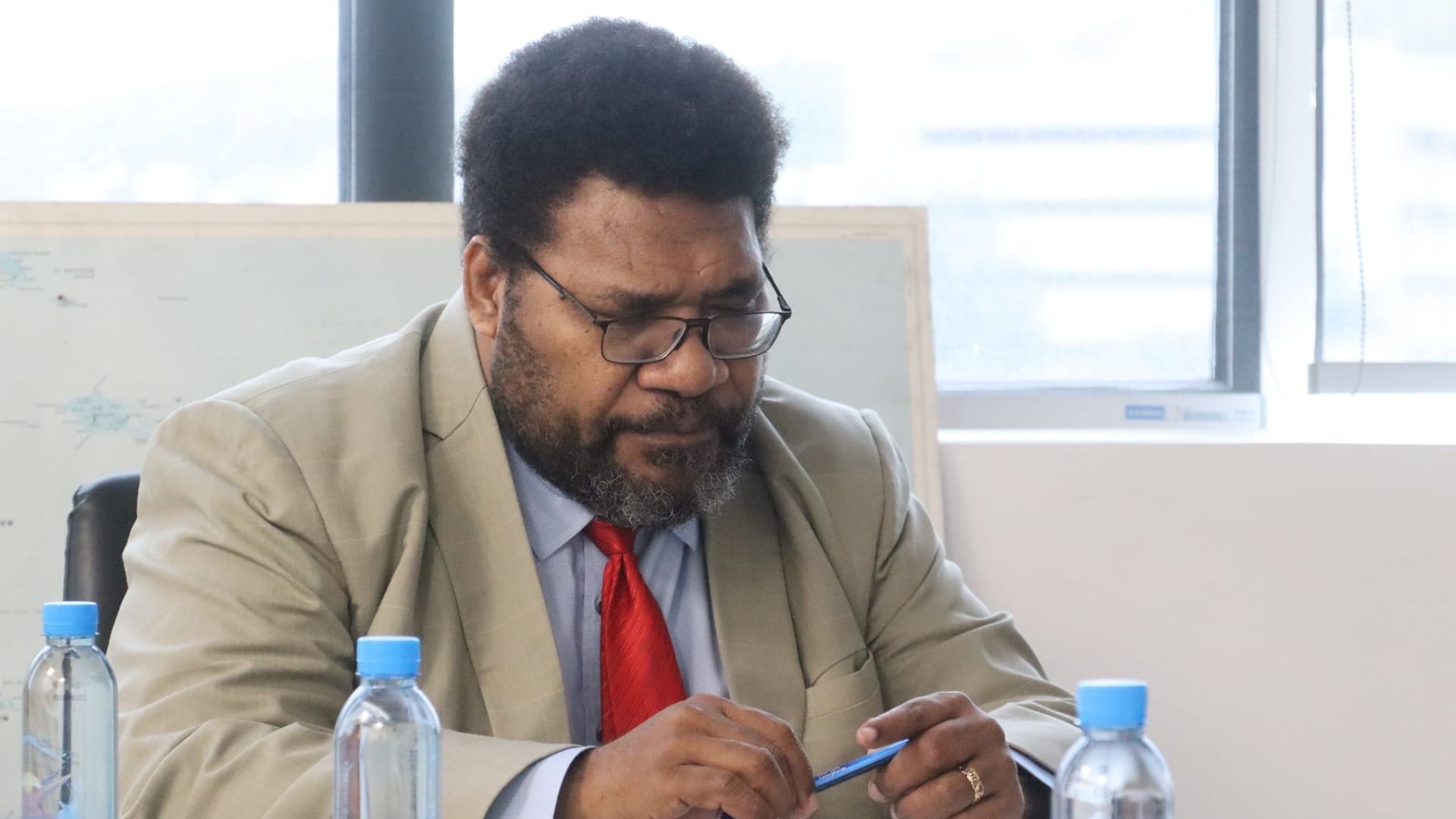The President of the Papua New Guinea Chamber of Resources and Energy (PNG CORE), Mr. Anthony Smaré continues to be vocal about the government’s proposed National Gold Corporation Bill 2022 (Gold Bill), stating that it will have extreme negative impacts on the country’s economy should it be passed in parliament.
Speaking during the National Gold Corporation Bill Information Session in Port Moresby yesterday at the University of Papua New Guinea (UPNG) New Lecture Theatre, Mr. Smaré warned that the provisions of the Gold Bill, which restrict the independence of the Bank of PNG (BPNG) in issuing national currency, will be catastrophic for the PNG economy, leading to a scenario of uncontrolled inflation and significant deterioration of the PNG Kina.
He went to explain that the Morauta government’s reforms in 2000 made BPNG independent from Government and foreign forces in its control of monetary policy and regulation of the banking sector and under the Central Banking Act, the BPNG alone is authorized to issue currency notes and mint coins for PNG and controls the flow of money in the economy and therefore inflation.
However, Mr. Smaré said the NGC Bill on the other hand has provisions which effectively remove the Bank of PNG’s independence, because Section 329 and 330 of the NGC Bill says that the National Mint company has the exclusive right to make currency, and Section 331 says that the BPNG cannot use anyone else to make currency on its behalf other than the National Mint company.
The Bill now provides directions for the Central Bank not to mint or issue Gold Coins.
He explained that the role of the Central Bank in producing and issuing gold coins, (for circulation or non-circulation) will now be replaced or transferred to the privately owned National Mint with no restrictions on currency production (s.332).
Section 326 of the NGC Bill directs that a Director-State Equity can serve a notice to the Governor of PNG to arrange for the National Mint company to make and print currency and coin as and when it sees fit. The National Mint company will obviously charge for the currency it produces.
“We are extremely concerned by the notion that currency control has been taken away from BPNG, provided to a third party who will make profit from the amount of currency they provide as it opens the possibility of currency production tied to the profit imperatives of the National Mint company rather than the traditional goal of BPNG to control monetary policy to supervise inflation in the economy.”
“To put the production of currency in the hands of a privately owned third party who are incentivized to produce as much currency as possible, and not pursuant to the supervision of the BPNG, sets the stage for hyperinflation,” said Mr. Smaré.
“In this past year, we have seen how the falling foreign exchange rate and high inflation has impacted the PNG economy, this change will make it much worse.”
He said the sovereign role of the Central Bank in all aspects of producing currency must be protected at all cost.






